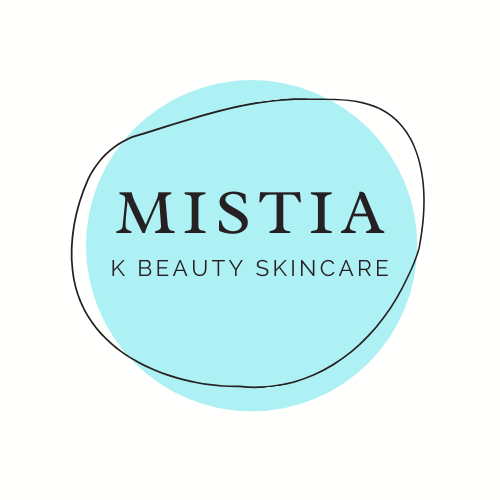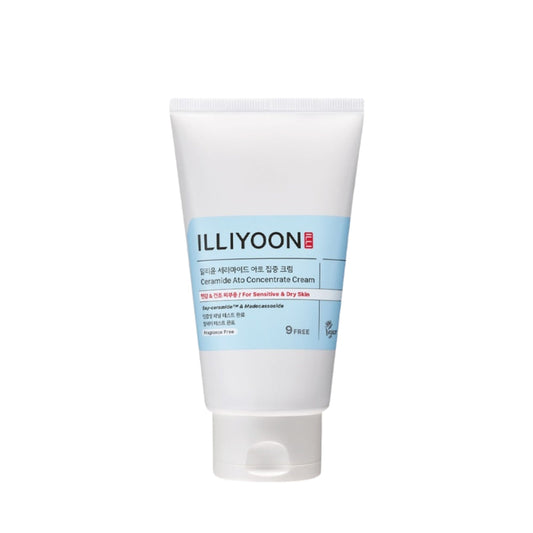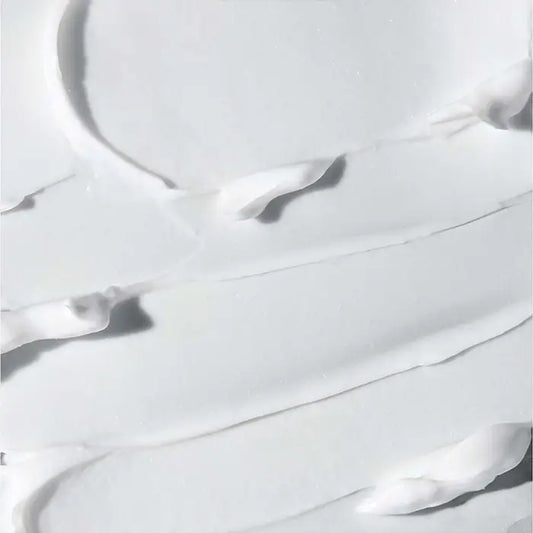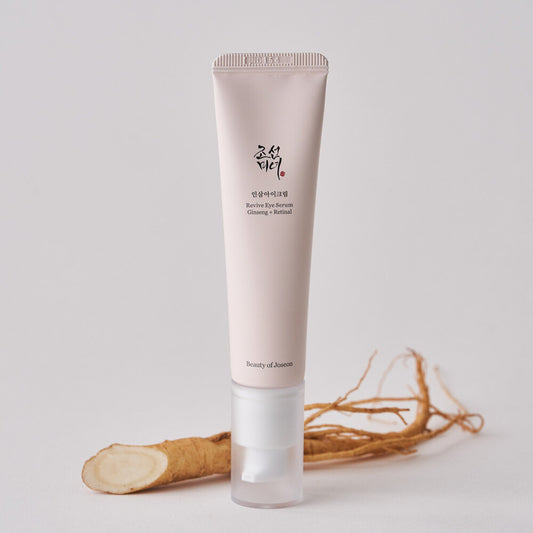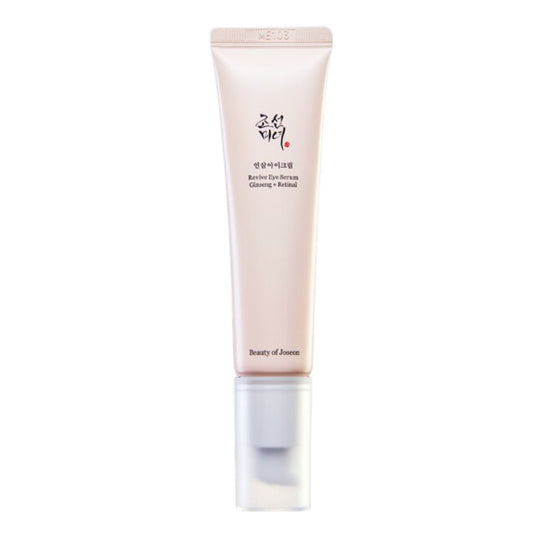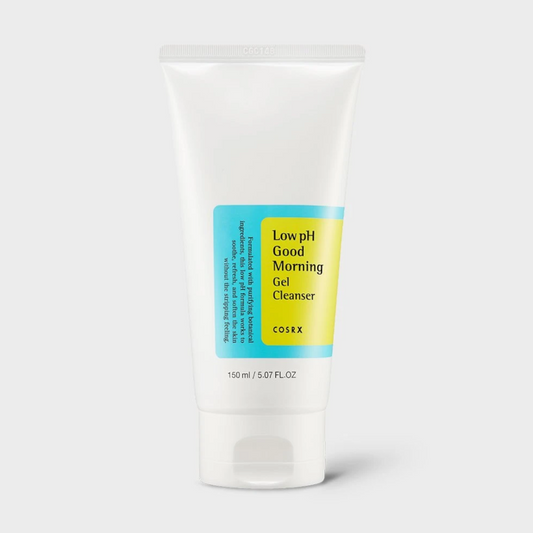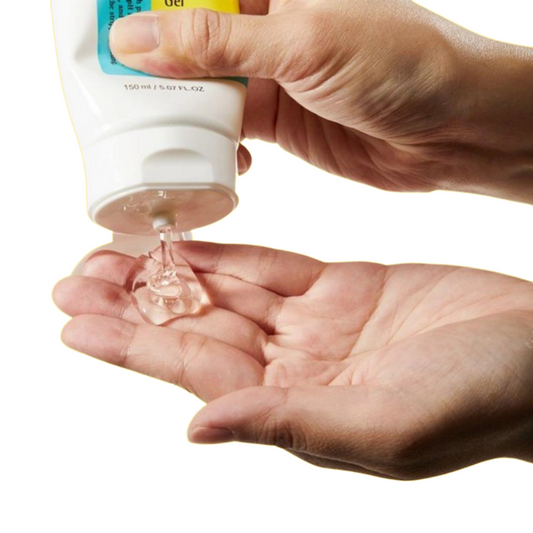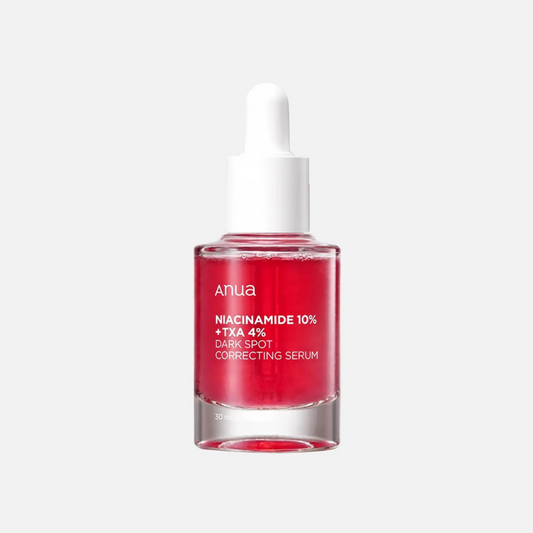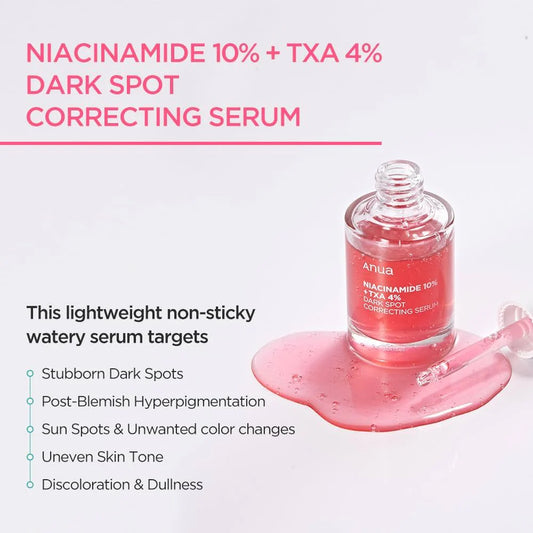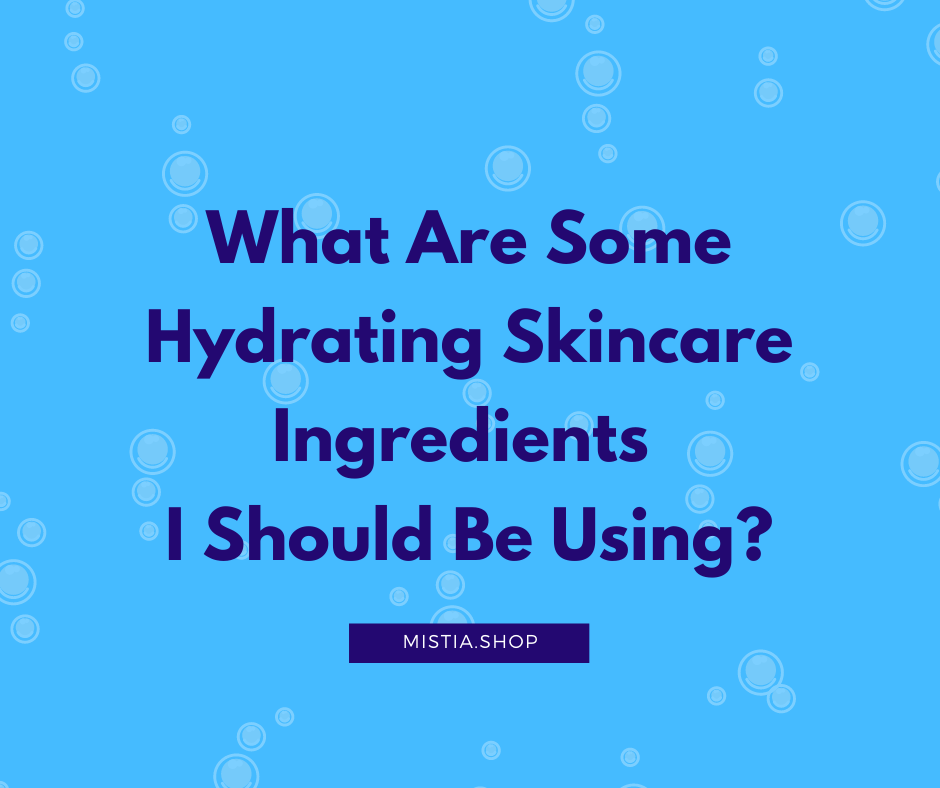
What Are Some Hydrating Skincare Ingredients I Should Be Using?
Share
For many, cold weather will unquestionably lead to dry skin. The immediate impulse may be to moisturize with lotion, but one must determine what his or her skin actually needs in order to combat dry skin effectively.
With so many hydrating skincare products on the market, it’s important to know what would work best for your skin, and what would fix your issue at its core. But one of the most crucial details is figuring out if your skin needs moisturizing or hydrating.
Moisturizing vs. Hydrating
While both moisturizing and hydrating share the same goal of helping your skin get enough water to prevent or fix dry skin, there are a few key differences between the two.
When you hydrate your skin, your skin cells are what’s being hydrated. This means that your cells increase their water content, leading to more supple skin with greater bounce. Moisturizing your skin means you’re helping prevent moisture from evaporating from your skin. The latter also helps to reinforce your skin’s barrier function, locking in moisture.
If you have dehydrated skin, you need something that will hydrate it. Symptoms of dehydrated skin include rough texture, peeling, and sensitivity. This can be caused by dehydration (not drinking enough water), consuming a poor diet, drinking too much caffeine, and a dry climate. Moisturizing will help dry skin, which occurs when your skin produces too little sebum. Sebum is the naturally-occurring oily substance that your body produces to moisturize and protect the skin. The symptoms of dry skin include scaly skin, white flakes, redness, and irritation.
Now that we understand the difference between moisturizing and hydrating, we can dig deeper into which skincare ingredients best hydrate our skin.
Hydrating Ingredients
Hyaluronic Acid
There are a number of products on the market that can help hydrate skin. One of the most popular items as seen at drugstores and high-end self-care brands alike is hyaluronic acid.
Aside from glycerin, hyaluronic acid is, by far, one of the common hydrating ingredients in skincare products these days. This ingredient can hold up to 1,000 times its own weight in water weight. As well, since hyaluronic acid is naturally occurring in our bodies, it’s a great product for those who have sensitive skin to use.
Along with hyaluronic acid, propylene glycol, alpha hydroxy acids, urea, glycerin, and aloe are all classified as humectants. Humectants help pull moisture from the deep layers of the skin, and may help with the appearance of wrinkles and improve elasticity.
Ceramides
Ceramides is another ingredient that works well for hydrating skin. This ingredient helps the skin's natural protective barrier (the stratum corneum), and exists between skin cells to help seal the cell’s barrier shut. Those who struggle with eczema are most likely familiar with ceramides, since it works well on skin that’s always dry.
Petrolatum
One ingredient that many people are familiar with is petrolatum; the most common brand is Vaseline. Petrolatum works as an occlusive barrier, which means that this ingredient helps to reduce water loss, preventing water from evaporating from the skin. With that said, we do not recommend using petrolatum for everyone. Those with oily skin may experience breakouts when using petrolatum since it’s a comedogenic product, which means they clog pores.
Squalane
Newer to the skincare scene is squalane, a light substance that mimics sebum and its properties. Note that squalane is different from squalene, which is a compound that our sebaceous glands naturally makes. The production of squalene in our bodies slows down significantly by the time most of us reach the age of 30. Since squalene in its natural form isn’t very stable, the product is converted to squalane.
Alpha hydroxy acids (AHAs)
Alpha hydroxy acids (AHAs) are plant-based hydrants that are also used commonly in skincare products. The most common types of AHAs include glycolic acid, lactic acid, and citric acid. Since some of these ingredients are also exfoliants, those with sensitive skin may want to avoid them or test the product on a small patch of their skin to avoid allergic reactions.
Evidently, there are a number of hydrating skincare ingredients widely available nowadays. While hydrating your skin is important, the most important thing is to make sure the ingredient in your skincare product works for you. This may take a bit of experimenting, but be patient with it, and your skin will be soft, supple, and elastic.
Check out our collection of hydrating skincare products.
